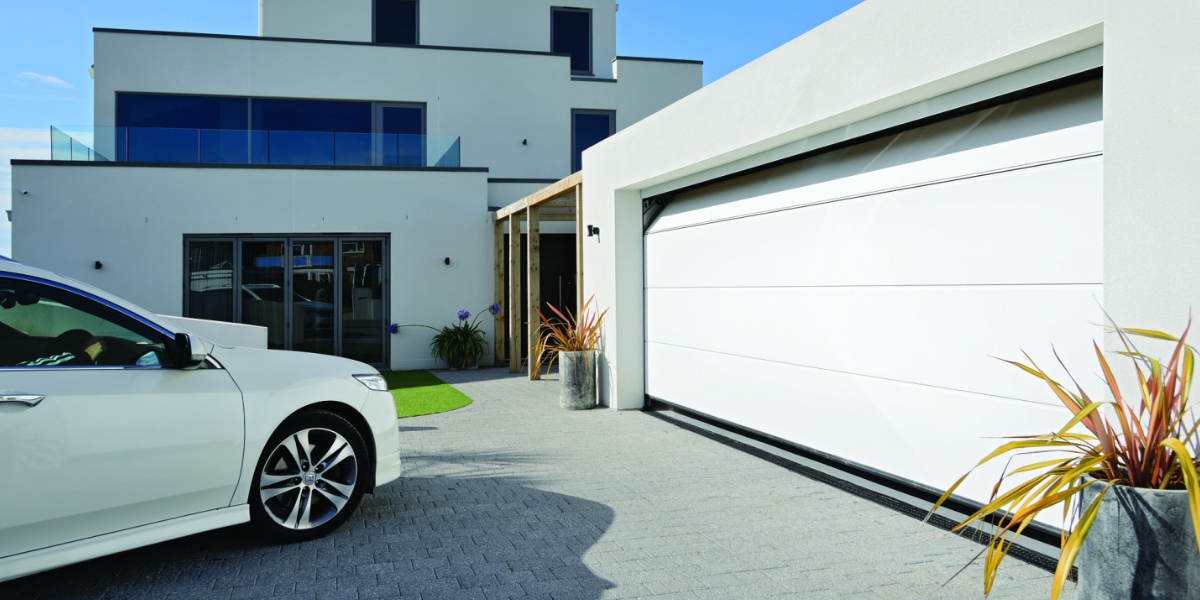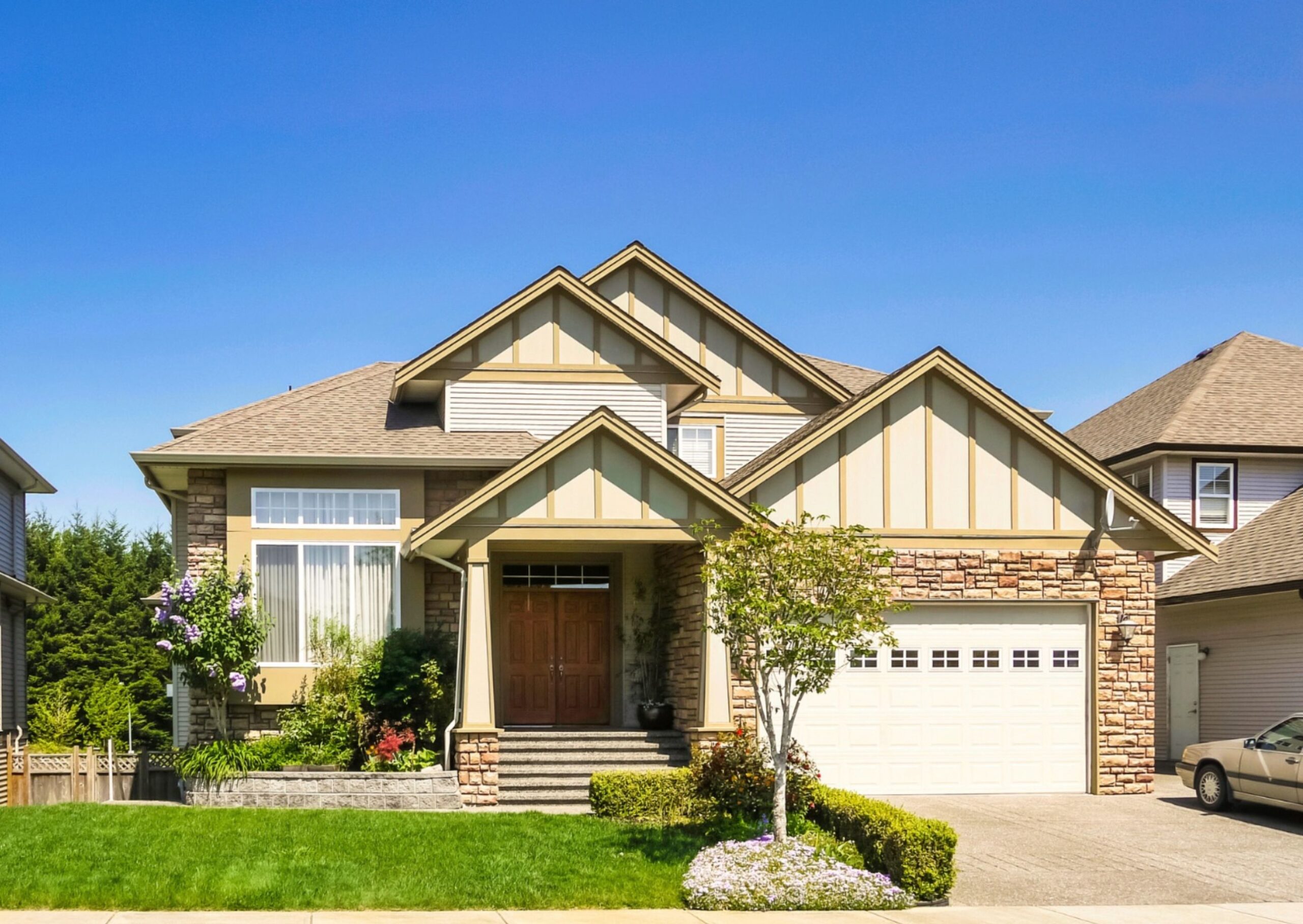Is your garage door making more noise than a rock concert? Is it refusing to open, leaving you stranded outside in the cold? Or perhaps you're dreaming of a sleek, new garage door to upgrade your home's curb appeal? This comprehensive guide will equip you with the knowledge and skills to tackle any garage door issue, from minor repairs to complete installations. We'll cover everything from troubleshooting common problems to choosing the perfect garage door opener and even maintaining your system for years to come. Let's get started!

Understanding Garage Doors
Understanding the mechanics and types of garage doors is crucial for both repair and installation. Different garage door types, such as sectional, roll-up, and panel doors, have varying mechanisms and potential points of failure. Common issues include noisy operation, slow response times, doors getting stuck, or opener malfunctions impacting automatic garage door systems. Knowing your door's type will help you diagnose problems and plan for repairs or replacements. This includes understanding the components like garage door panels and their construction. Regular inspection of these components will assist in preventative maintenance.

Types of Garage Doors
Sectional garage doors, the most common type, consist of multiple panels that lift and retract along a track system. Roll-up doors, often found in commercial settings, are made of a single sheet of material that rolls up into a casing. Panel doors, similar to sectional doors, can also be found in some residential areas.
Common Issues with Garage Doors
Frequent problems include noisy operation (often due to worn rollers or hinges), slow or sluggish movement (potentially due to worn springs or motor issues), doors completely failing to operate, or problems with the safety sensors crucial for automatic garage door systems.
Garage Door Repair
Tackling garage door repair can be a DIY project, but some problems require professional expertise. Before calling a technician, try some basic troubleshooting steps. This might help you save both time and money while improving the longevity of your garage door system.
Troubleshooting Common Problems
A garage door opener malfunctioning can often be resolved by checking power sources, inspecting remote control batteries, or even resetting the opener. If the door is off track, carefully try to realign it. Safety sensor issues usually involve cleaning or adjusting these sensors, located near the bottom of the door. If your attempts https://zanewkck914.huicopper.com/conquer-your-fitness-goals-the-ultimate-guide-to-fitness-centres-in-north-edmonton-2025 to fix these problems are unsuccessful, call a professional garage door technician.
DIY Repair Tips
Simple fixes like lubricating moving parts (hinges, rollers, tracks) can significantly improve operation and reduce noise. Replacing broken rollers or springs is possible for DIY enthusiasts with some mechanical skills. However, always prioritize safety. When in doubt, consult a professional; attempting advanced repairs without proper knowledge can lead to injury or further damage.
Garage Door Openers
Choosing and maintaining the right garage door opener is vital for efficient and safe operation. Modern openers offer features that enhance convenience and security for your garage door system. Smart home integrations are transforming the way we interact with our garage doors.
Types of Garage Door Openers
Chain drive openers are the most affordable but can be noisy. Belt drive openers are quieter, while screw drive openers offer a balance of quietness and durability. Smart openers add features like smartphone control, app-based monitoring, and integration with other smart home devices. Consider the features of each of these options before deciding which one is right for your garage door system.
Opener Troubleshooting Guide
If your garage door opener has no power, check the power supply and circuit breaker. Remote control issues are often caused by dead batteries or interference; try reprogramming the remote. Programming problems often require consulting the opener's manual or contacting the manufacturer.
Garage Door Installation
Installing a new garage door is a significant project, often best left to professionals. However, understanding the process helps you make informed decisions during the selection process and when working with installers.
Choosing the Right Garage Door
Consider material (steel, wood, aluminum, composite), style (carriage house, raised panel, flush panel), and insulation options. The material you choose will significantly impact the cost and the overall look of your garage door system. Insulation can improve energy efficiency, making your garage more comfortable year-round.
Installation Process
Professional installation typically involves removing the old door, preparing the opening, installing the new door and tracks, and connecting the opener. The tools needed are specialized and often necessitate the experience of a skilled professional. Safety precautions are paramount during this process.
Maintenance and Upgrade
Regular maintenance is key to extending the lifespan of your garage door system and preventing costly repairs. Consider upgrading to a smart opener to enjoy modern conveniences and enhanced security.
Regular Maintenance Tips
Lubricate moving parts regularly, inspect for wear and tear on rollers, springs, and cables, and check safety sensors to ensure proper operation. This proactive maintenance is important for the longevity of your garage door system.
Upgrading Your Garage Opener
Smart openers offer features like smartphone control, Wi-Fi connectivity, and integration with other smart home devices. These upgrades can add convenience, security, and peace of mind. Consider the features that are most important to you, like smartphone access or voice control, before you make your decision.
FAQs on Garage Door Services
Q: What should I do if my garage door won't open? A: First, check the power supply and opener's circuit breaker. Then inspect for obstructions and check the safety sensors. If the problem persists, call a professional.
Q: How often should I service my garage door? A: Conduct a visual inspection monthly and perform lubrication and adjustments every six months. More thorough service might be needed annually.
Q: What are the signs that I need a new garage door opener? A: Slow operation, loud noises, frequent repairs, and lack of desired features are all indications.
Q: Can I install a garage door myself, or should I hire a professional? A: While DIY installation is possible, it's often best left to professionals due to safety concerns and the complexity involved. Incorrect installation may invalidate any warranty.
This comprehensive guide provides you with the necessary information to maintain, repair, or upgrade your garage door system. From troubleshooting minor issues to planning a complete installation, you are now better equipped to handle any garage door challenge. Remember to prioritize safety, and don't hesitate to call a qualified professional for help when needed. Keep your garage door functioning smoothly for years to come!